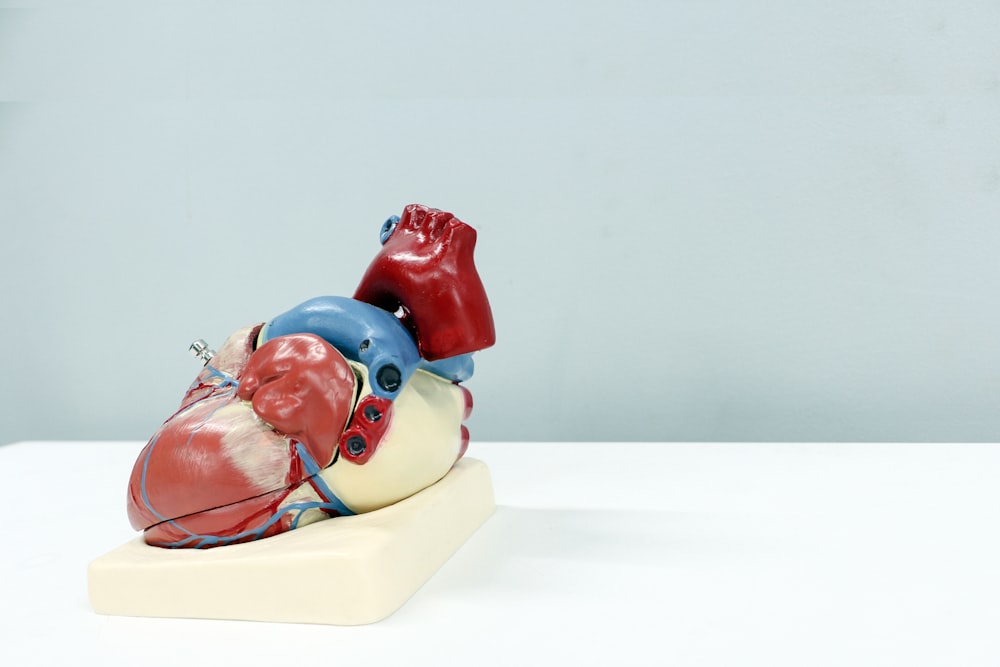
Heart disease is sometimes referred to as the silent killer. That’s because some symptoms of possible heart problems are difficult to detect. It’s not uncommon that heart complications go undiagnosed until it’s too late.
Heart disease is a leading cause of death across the globe. In the United States, for example, heart disease is actually the leading cause of death, and in Canada, approximately 1 in 12 adults over the age of 20 are battling with heart disease. Women are especially susceptible to undiagnosed heart conditions because the symptoms present themselves differently than the typical, easily recognizable symptoms that men exhibit, leading them to overlook some early clues that something is wrong.
When we talk about heart disease, we refer to a wide range of heart problems and conditions that can affect the functionality of the heart muscles, as well as the blood vessels that carry blood to and from the heart.
Some common heart complications include arrhythmias, coronary artery disease, heart attacks and strokes, as well as congenital heart defects (heart complications that you are born with). A DNA test from Circle DNA can tell you whether you were born with any heart issues that you might previously have been unaware of, and tell you what the risk of passing congenital heart defects onto your children is.
Your heart has the vital job of pumping water, oxygen, minerals and vitamins throughout your body via the bloodstream, so taking care of it is essential to a long and healthy life. Symptoms of heart disease can vary greatly depending on the type of heart disease you’re most at risk for.
Let’s take a closer look at how your body presents symptoms of heart disease from head to toe.

Moving From The Top Down
When your brain is deprived of oxygen, which is one of the circumstances that leads to a stroke, one of the most prevalent symptoms is lightheadedness or dizziness. This is usually noticed during physical exertion or when you stand up. The problem could be that you’re not getting enough blood flowing to the brain due to blood pressure problems or poor circulation.
Atherosclerosis, a condition that occurs when hardened plaque builds up along the inner walls of the arteries, could be what’s causing the issue. Poor diet, lack of exercise, smoking and high cholesterol are some of the risk factors that contribute to atherosclerosis. If left untreated, atherosclerosis only gets worse and can eventually lead to either a blood clot, an aneurysm, a heart attack or stroke. In most cases, lifestyle changes along with medication can treat atherosclerosis. If these measures prove unsuccessful, a heart surgery called a coronary angioplasty will be performed to open up blocked or narrow arteries.
What Your Heart and Lungs Can Tell You
If you’re experiencing shortness of breath, you might automatically assume it’s due to problems with your lungs. In fact, the pulmonary and cardiac systems are closely linked and some heart conditions can cause breathing problems when there isn’t enough oxygenated blood being pumped between the lungs and heart. When the arteries within the lungs are blocked, it puts you at risk of a dangerous pulmonary embolism.
One such condition is coronary artery disease, the cause of which is attributed to plaque build-up within the arteries.
Another telling symptom is an irregular heartbeat known as an arrhythmia. While many causes of arrhythmias are typically diagnosed in childhood and are manageable, certain lifestyle factors that contribute to heart disease can cause sudden changes to your heart rhythm. When your heart is beating too fast, it’s referred to as tachycardia, and when the resting heart rate dips too low (below 60 bpm) it’s called bradycardia.
Factors such as ingesting too much alcohol or caffeine, drug abuse, diabetes and high blood pressure can all contribute to sudden onset arrhythmias.
Signs of Heart Problems: How Heart Disease Affects the Skin
The condition of your skin can tell you a lot about the health of your heart.
Edema (swelling in the legs, ankles and feet) is a major indicator of congestive heart failure. This happens when the muscles of the heart aren’t working as well as they should, or when any of the four chambers of the heart stop working completely. When this happens, gravity causes blood to pool in the lower extremities and the feet and/or ankles swell as a result.
Unhealthy levels of cholesterol can also cause symptoms that appear on your skin. A common symptom is xanthoma; a waxy growth on your skin, sometimes on the eyelids. These are actually deposits of cholesterol that are pushing their way up through your skin. They can sometimes be yellow or orange-ish in colour, but can also be red and rash-like. A sudden onset of xanthoma indicates your cholesterol levels are rapidly increasing, and treatment is absolutely necessary to prevent serious heart complications like a heart attack or stroke.

How Heart Disease Presents In Women
Many of the typical symptoms of a heart attack, such as pain in the left arm or shoulder, shortness of breath and chest pain, present themselves in both men and women. However, often when women are experiencing a heart attack, the symptoms can be more subtle and therefore are excused as an unrelated, non-threatening issue. Therefore, it’s important for everyone, especially women, to familiarize themselves with all the symptoms of a heart attack.
Some women experience unexplained back pain during the onset of a heart attack. Others might have symptoms of indigestion, such as heartburn or nausea, and still, others might have pain in the jaw or neck, or feel unnecessarily tired after physical exertion. If these symptoms aren’t accompanied by more severe symptoms of a heart attack, it is unsurprisingly easy to write them off as something else. In fact, even doctors can sometimes have a hard time identifying a heart attack in a woman without the telltale ‘classic’ signs of a heart attack.
If you experience any of the above signs of heart attack that can’t be explained (like if you’ve not recently eaten but you have signs of indigestion, or you can’t physically do things that were easy for you to do yesterday), monitor your symptoms and have someone take you to the hospital. If you’re alone, call your local emergency number.
How Can You Be Proactive About Your Heart Health?
Since your heart has the important job of ‘feeding’ the rest of your organs, it comes as no surprise that symptoms of heart disease can show up all over your body. For example, difficulty walking could be due to a heart problem.
As we’ve seen, ignoring even the most subtle of signs can have devastating consequences, but there is plenty you can do in terms of preventative care.
The first and most obvious course of action is to eat a heart-healthy diet consisting of plenty of whole fruits and vegetables, lean protein, complex carbohydrates and a healthy amount of good fats. That, coupled with regular bouts of exercise (especially cardio to exercise the heart) will keep your heart in the best shape.
Regularly visiting your doctor for physical examinations can help detect possible health and heart problems before they turn into something unmanageable.
Finally, taking a DNA test can arm you with knowledge about possible genetic predispositions you might have that place you at higher risk of developing heart disease further down the line. This information helps motivate you to make lifestyle choices to fight your genetic risk factor.







This Post Has 2 Comments
Comments are closed.